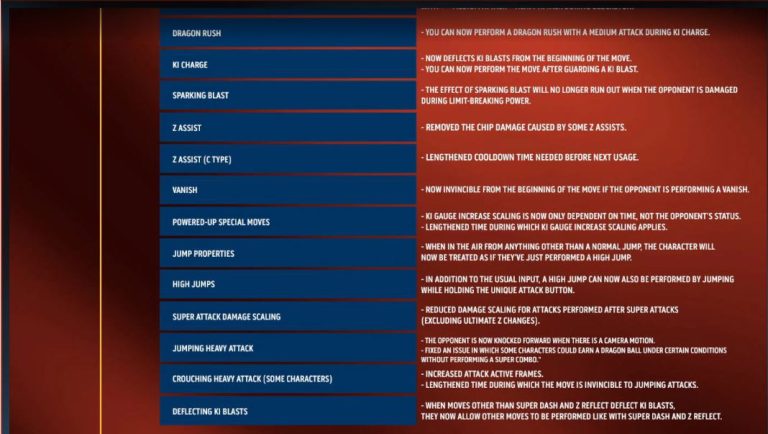How to Effective OFAC Sanctions Compliance Program in the Future?
In an increasingly interconnected world, international trade and financial transactions are subject to complex regulations aimed at maintaining global security and stability. The Office of Foreign Assets Control (OFAC) plays a pivotal role in enforcing economic and trade sanctions against targeted countries, entities, and individuals to achieve foreign policy and national security goals. As businesses navigate this intricate landscape, developing and maintaining an effective OFAC sanctions compliance program becomes paramount. Here, we explore the key steps to building a future-proof compliance program that aligns with evolving regulations and technological advancements.

1. Comprehensive Risk Assessment
A robust OFAC sanctions compliance program starts with a thorough risk assessment. Understand your organization’s exposure to sanctions risks by evaluating your customer base, geographic reach, industry sector, and financial transactions. Regularly update this assessment to identify emerging risks and align your compliance efforts accordingly.
2. Robust Technology Integration
Incorporating advanced technologies is essential for the effectiveness and efficiency of your compliance program. Leverage AI, machine learning, and data analytics to enhance the accuracy of transaction monitoring, identify unusual patterns, and swiftly respond to potential violations.
3. Strong Leadership and Governance
Establish clear leadership and governance structures within your compliance program. Designate a compliance officer responsible for overseeing OFAC-related activities, and ensure that the compliance function is integrated across departments to foster a culture of compliance throughout the organization.
4. Continuous Training and Education
Regular training and education are essential to keep your compliance team and relevant staff members up-to-date with evolving OFAC regulations. Provide targeted training sessions that cover emerging risks, case studies, and best practices in identifying and mitigating potential sanctions violations.
5. Dynamic Transaction Monitoring
Implement a sophisticated transaction monitoring system that can adapt to changing risk profiles and emerging trends. Utilize AI-driven solutions to continuously analyze transactions, detect anomalies, and minimize false positives, thereby improving the efficiency of compliance efforts.
6. Enhanced Due Diligence
Strengthen your customer due diligence processes to ensure that you’re not inadvertently engaging with sanctioned entities. Leverage technology to conduct enhanced screening, assess beneficial ownership, and validate customer identities against OFAC’s list of specially designated nationals.
7. Agile Response Mechanisms
Create a well-defined process for investigating and addressing potential OFAC sanctions violations. Develop incident response plans that enable swift actions in case of violations, including reporting, corrective actions, and communication with relevant authorities.
8. Collaboration and Information Sharing
Stay informed about evolving sanctions regimes by actively participating in industry associations and engaging with experts. Collaborate with your peers to share best practices, insights, and challenges related to OFAC compliance.
9. Regular Audits and Assessments
Conduct periodic internal audits and assessments to evaluate the effectiveness of your compliance program. Utilize audit results to identify gaps, refine processes, and ensure that your program remains aligned with both current regulations and future developments.
10. Adaptable Program Design
Design your OFAC compliance program with flexibility in mind. Regulations and geopolitical dynamics can change rapidly, so ensure that your program is adaptable and can respond to emerging risks in a timely manner.
In conclusion, building an effective OFAC sanctions compliance program for the future requires a combination of advanced technology, strong leadership, continuous education, and adaptability. By embracing emerging technologies and remaining vigilant about changes in regulations and geopolitical landscapes, businesses can navigate the complex world of OFAC sanctions and mitigate risks effectively. An agile and comprehensive compliance program not only ensures legal adherence but also safeguards your organization’s reputation and financial stability in an increasingly interconnected global marketplace.







